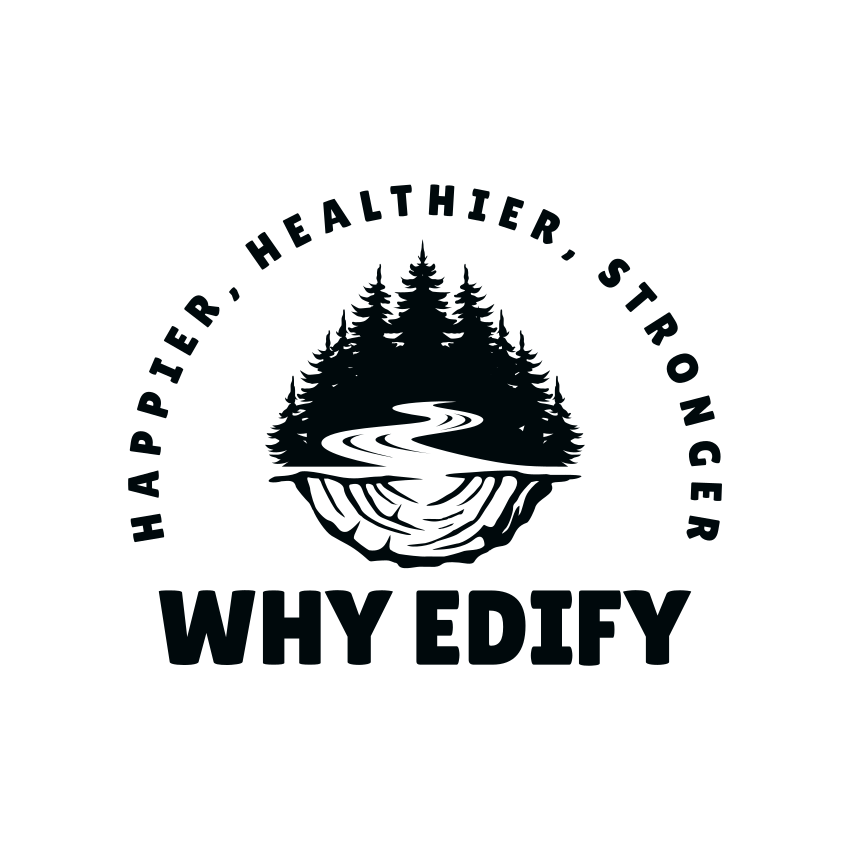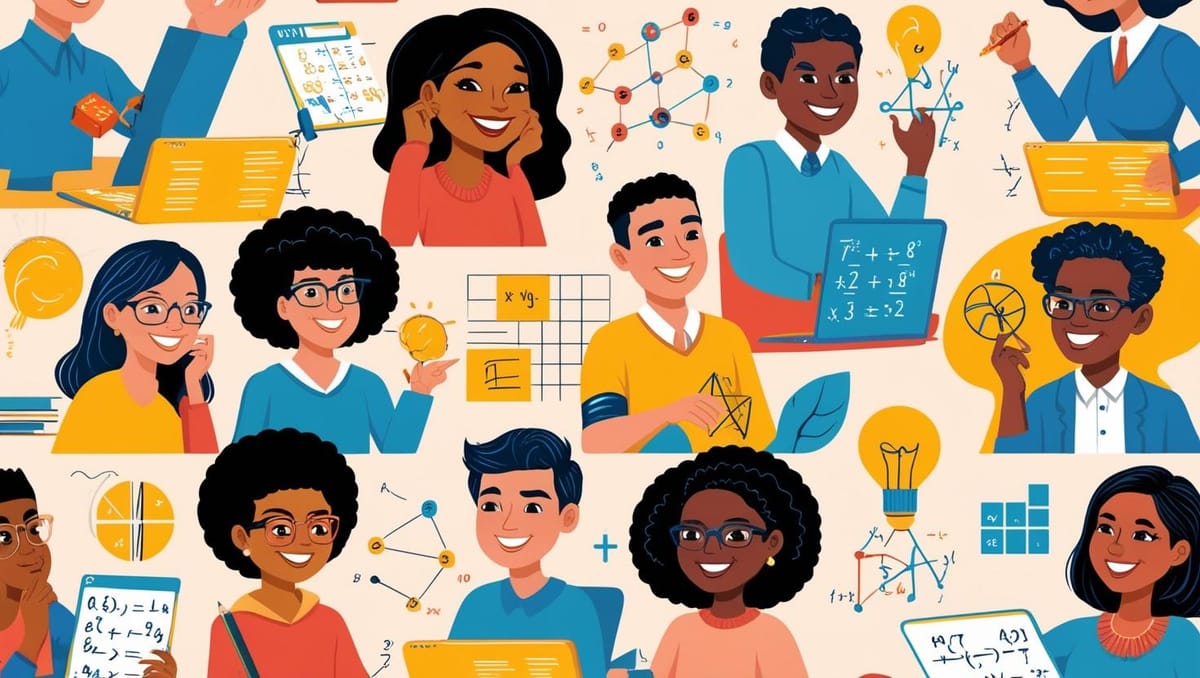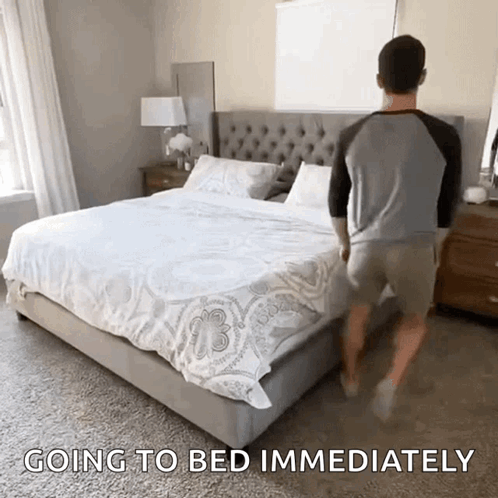Sleep, Group Work, and Rituals
Topics for this week include sleep and student anxiety, group work, and how rituals can enhance productivity.


The Friday Five
Become a SupporterHappy Friday!
I recently went down a rabbit hole researching the impacts caffeine can have on young learners. I already knew caffeine isn’t good for elementary and middle school students, but I did not know to what extent. Here’s what I found out. Please share with other educators and parents.
Also, this week, Erin O’Halloran takes center stage as she shares her “Earned Wisdom.” Learn about her journey from financial analyst to educator and her mission to transform math education. Learn from her insights on teaching, behavior management, and creating positive mathematical experiences for families.

Here’s your homework for the weekend…Do whatever you want and don't feel guilty about it.
Have a great weekend!
Reflection Questions:
- How has your own sleep quality affected your daily performance and emotional well-being? Consider keeping a sleep journal for a week to track patterns and their impact on your mood and productivity.
- Think about your most successful group work experiences. What specific strategies or roles made those collaborations effective, and how could you implement similar approaches in your current team projects?
- What daily rituals do you currently practice, and how do they impact your productivity? Identify one area where you could introduce a new intentional ritual to improve your work-life balance.
The Friday Five
1 - Get Some Sleep
A new study spanning 5 years and involving 528 Australian adolescents reveals that poor sleep patterns significantly contribute to anxiety, depression, and eating disorders in teenagers, with repetitive negative thinking (RNT) identified as the key mediating factor. The research, published in Clinical Psychological Science, found that sleep disturbances predicted increases in both general and presleep negative thinking, which subsequently led to deteriorating mental health symptoms. From personal experience, sleep is becoming a bigger issue each year, with more and more students falling asleep at some point during the school day despite my attempts to spice things up.
The research highlights how pre-bedtime repetitive negative thinking (RNT) makes teens more susceptible to anxiety and depression. These findings indicate that tackling both poor sleep habits and negative thought patterns may be essential for preventing mental health issues in adolescents.
Helping students establish healthy sleep habits is a worthy school-wide initiative. The benefits would be far-reaching.
Key Findings & Implementation Strategies
Early Warning Signs to Monitor
- Observe daytime sleepiness and irregular sleep patterns during school hours
- Recognize sleep disruptions as potential precursors to mental health challenges
- Watch for signs of pre-bedtime anxiety and worry in student discussions
Educational Initiatives
- Build Student Awareness
- Present age-appropriate sleep science research
- Illustrate sleep-mood connections through relatable examples
- Share effective sleep hygiene practices
Classroom Interventions
- Implement Stress Management Techniques
- Begin/end classes with brief mindfulness exercises
- Practice methods to challenge negative thought patterns
- Teach evening relaxation techniques
Support Network Development
- Create a Collaborative Care System
- Establish a regular counselor check-in schedule
- Distribute sleep hygiene resources to families
- Implement sleep pattern monitoring protocol

2 - Let’s Work Together
Group work creates several challenges, including unequal workload distribution, interpersonal conflicts, and unclear task assignments. However, these issues can be addressed through structured organization and clear expectations. We can implement strategies such as specific role assignments, peer evaluation systems, and strategic team formation methods.
When properly structured with detailed guidelines, manageable team sizes, and equitable assessment methods, group work helps students develop essential collaboration skills for their academic and professional futures. The key to successful group work lies in ensuring each team member has equal opportunity for meaningful participation and contribution.
Here are three things to try (this is how I run groups in my science classroom):
- Create a documented accountability system where students track their individual contributions in a shared Google Doc, combined with peer evaluations to ensure fair assessment of each member's work.
- Form smaller groups of 3-4 students and assign specific roles (like facilitator, note-taker, researcher, and presenter) that rotate throughout the project to give everyone experience in different responsibilities.
- Instead of giving one group grade, implement a mixed assessment approach that combines individual contribution grades with self-reflection and peer assessments to maintain personal accountability.
3 - Rituals
Rituals can enhance productivity and well-being by adding intentionality and meaning to daily routines. Unlike automatic habits, rituals are purposeful practices that help manage emotions, create clear boundaries between different aspects of life, and transform ordinary tasks into meaningful experiences.
Understanding and implementing personal rituals can improve focus, reduce stress, and create smoother transitions between work and personal life.
Whether it's a specific morning sequence or an end-of-day wind-down routine, these intentional practices can significantly impact productivity and overall satisfaction in both professional and personal spheres.
Here are three specific tips from the article to enhance your productivity through rituals, along with practical examples:
- Identify Your Existing Rituals: Pay attention to days when you feel "off" and notice if your routine was disrupted. You can also ask colleagues or family members to help point out your patterns, such as having a preferred chair or using a specific mug. Example in practice: Notice that you consistently start each workday by organizing sticky notes on your desk in a specific order and reviewing yesterday's tasks. The one time you skipped this ritual due to running late, you felt disorganized and less focused throughout the day.
- Create Transition Rituals: Establish end-of-day boundaries by implementing specific actions like creating tomorrow's to-do list, signing out of communication tools, or powering down your laptop. This helps separate work life from personal life. Example in practice: At 5:30 PM each day, spend 10 minutes writing tomorrow's top three priorities, close all browser tabs, sign out of Slack, and physically put your laptop in your desk drawer to signal the end of work mode.
- Add Emotional Management Rituals: If you experience nervousness before meetings, develop a calming ritual like specific breathing techniques or listening to a particular song to help manage your emotions. Example in practice: Before each important presentation, take 5 minutes to listen to your favorite motivational song while doing three rounds of deep breathing exercises: inhale for 4 counts, hold for 4, exhale for 4.
4 - Refocus
“By helping us keep the world in perspective, sleep gives us a chance to refocus on the essence of who we are. And in that place of connection, it is easier for the fears and concerns of the world to drop away.” – Arianna Huffington
5—Teacher Commuter Playlist: Weightless by Marconi Union
This is a song you shouldn’t listen to when you drive, but research shows that it’s one of the most relaxing songs on the planet. It’s a good tune for a teacher reset.
Choose Your Own Adventure
- Pizza has the power to reduce stress.
- 30 Poems for 30 Days of National Poetry Month - National Council of Teachers of English
- Here is some insight into the life of a science teacher.
Why Edify Recommendation
- Check out the Why Edify Bonfire Shop: NEW DESIGN - Don’t Let The Old In.
❤ Enjoy this Newsletter?
🍵 Show Your Support and 🤗 Share It




